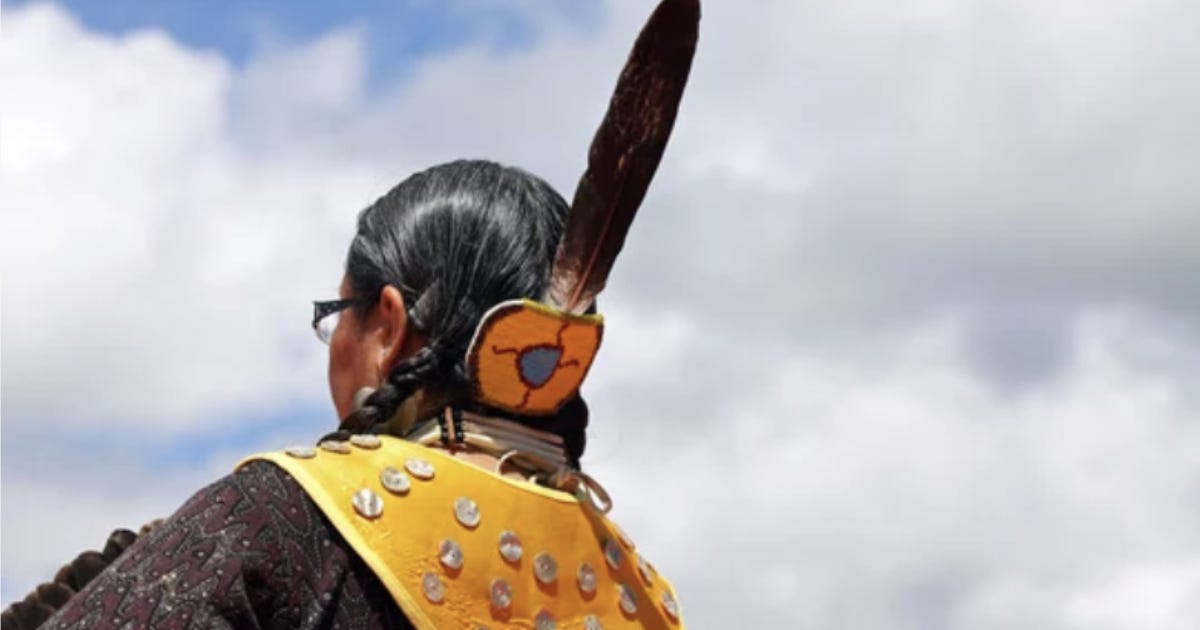B.C. Supreme Court recognizes Aboriginal title over most of Richmond
In a decision that is sure to ruffle feathers, B.C. Supreme Court Justice Barbara Young declared the Cowichan Tribes have established Aboriginal title to roughly 800 acres in Richmond.
The British Columbia Supreme Court quietly issued its long-awaited decision in Cowichan Tribes v. Canada on Thursday.
In a decision that is sure to ruffle feathers, B.C. Supreme Court Justice Barbara Young declared the Cowichan Tribes have established Aboriginal title to roughly 800 acres in Richmond.
A B.C. Supreme Court judge has recognized the Cowichan Nation’s Aboriginal title to parts of Lulu Island and the Fraser River’s south arm, concluding a five-year, 513-day trial — described as the longest in Canadian history.
The plaintiffs, including five tribes and several individuals, sought declarations of Aboriginal title over approximately 1,846 acres on Lulu Island, which now forms part of Richmond, home to B.C.’s largest airport.
“I agree that Aboriginal title is a prior and senior right to land,” Young writes in the ruling.
“The question of what remains of Aboriginal title after the granting of fee simple title to the same lands should be reversed. The proper question is: what remains of fee simple title after Aboriginal title is recognized in the same lands?”
Six defendants opposed the claim: the federal and provincial governments, the Vancouver Fraser Port Authority, the City of Richmond, and two other First Nations groups.
The 863-page judgment will have wide-reaching legal implications.
The court confirmed the Cowichan Nation has legal ownership, known as Aboriginal title, over specific lands on Lulu Island and parts of the Fraser River’s south arm.
The court found that when the government issued private land ownership (fee simple) and transferred certain highway lands in Cowichan territory, it wrongly interfered with the Cowichan Nation’s Aboriginal title.
Subsequently, except for lands tied to the Vancouver Airport Fuel Delivery Project, the court ruled that land titles held by Canada and the City of Richmond in Cowichan territory are legally flawed and invalid.
It instructs the federal government to negotiate a fair agreement with the Cowichan Nation that respects their Aboriginal title.
The provincial government must also negotiate “in good faith” with the Cowichan Nation to resolve conflicts over private land titles and highway lands in their territory, ensuring the process honours the Crown’s duty to act fairly.
The judgment is likely to be appealed given its potentially broad implications, but the immediate effect is the legal recognition of Cowichan title over specific lands.
For now, Justice Young’s decision clarifies some unresolved questions arising from a 2014 Federal Supreme Court decision in Tsilhqot’in Nation v. British Columbia.
In that case, the Supreme Court of Canada recognized Aboriginal title for the Tsilhqot’in Nation over 1,700 square kilometres of their traditional territory, marking the first time Aboriginal title had been declared outside an Indian reserve.
In Justice Young’s Thursday decision, the court stopped short of ordering restitution or compensation. However, it now says the two ownership titles of fee simple and Aboriginal title can, and must, “co-exist.”
The decision therefore requires “honourable” and “good faith” negotiations to continue between the Cowichan tribes and most defendants in the case over ownership and use of the lands — meaning the historically prolonged legal process is still far from over.



So are those granted title going to be liable for back taxes on improvements to the property? Did the court judgement say anything about liability and compensation to those who have obtained a provincial property title in good faith?
s
Another huge win for the Aboriginal Industry. And yet another door is open to milk the taxpayers of even more $$. The land title claims will certainly escalate.